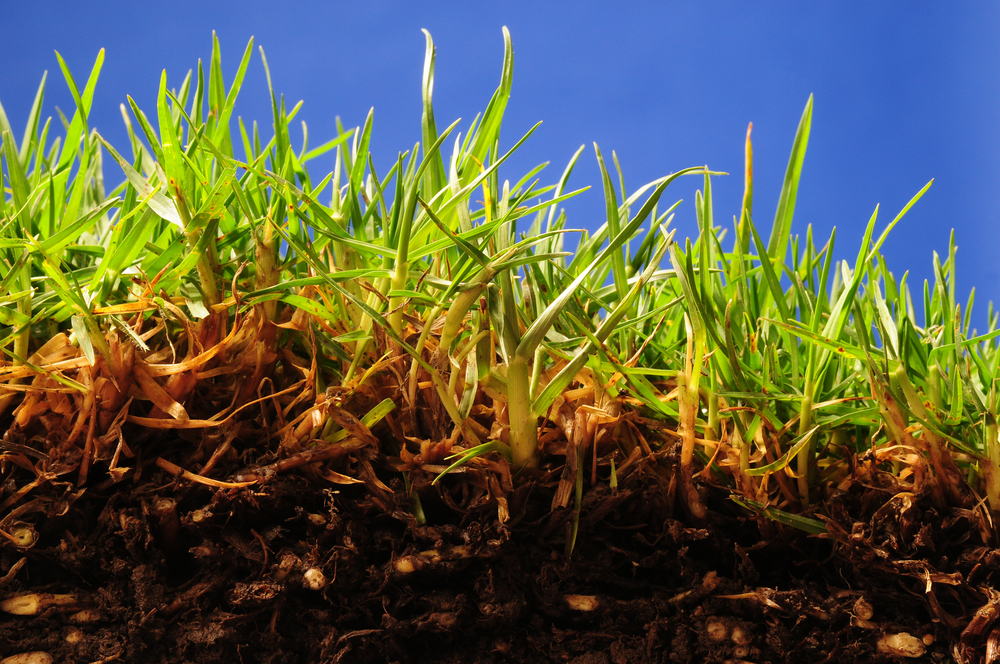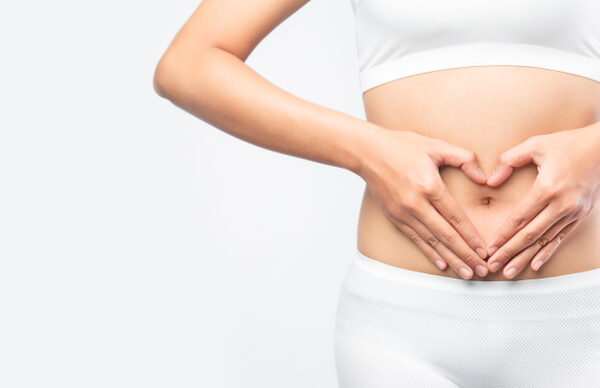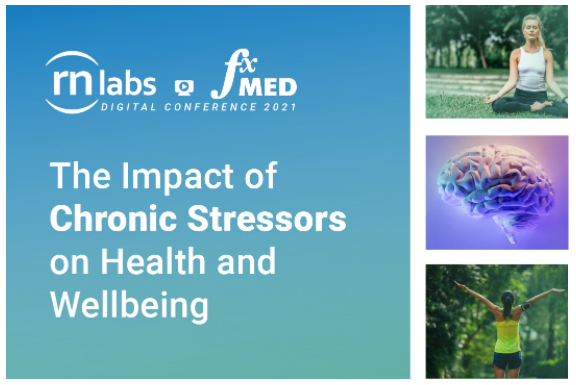Fat Containing Soil-Bacteria Found to Reduce Stress
A great article on the ‘hygiene hypothesis’ and why bacteria are so important for our health and well being.
Most of us are familiar with the “hygiene hypothesis” that was first proposed by British scientist David Strachan which essentially means we have become so obsessed with bacteria and cleanliness and creating a sterile environment for our children, that it was possibly leading to compromised immune systems and an increased risk of allergies, eczema and asthma.
It was later found that it may not be the fact that we were reducing our exposure to pathogenic organisms which would stimulate the immune system, but rather that we were not exposing ourselves or our children to the beneficial organisms found in soil anymore. Gone were the days when kids played around in the mud, and heaven forbid, eat it!
There are also now very clear links and numerous research papers on the role of our microbiome and our mental health. We know now that bacteria in our gut can play a role in mental health disorders such as depression, anxiety, Schizophrenia, ADHD and autism, just to name a few.
So, it’s very exciting that researchers at University of Colorado Boulder have recently identified an anti-inflammatory lipid or fatty acid called 10(Z)-hexadecenoic acid in a bacterium found naturally occurring in healthy soil that may play a key role in how exposure to soil or ‘dirt’ may enhance our immune function and protect us against allergies.
The research was published in the journal Microbiome in Psychiatry & Psychopharmacology and explains how the bacterium called Mycobacterium vaccae has been found to help in stress-related disorders. They even go as far as calling it a potential microbe-based “stress vaccine”.
https://link.springer.com/article/10.1007%2Fs00213-019-05253-9
To quote senior author and Integrative Physiology Professor Christopher Lowry, “We think there is a special sauce driving the protective effects in this bacterium, and this fat is one of the main ingredients in that special sauce.”
“The idea is that as humans have moved away from farms and an agricultural or hunter-gatherer existence into cities, we have lost contact with organisms that served to regulate our immune system and suppress inappropriate inflammation. That has put us at higher risk for inflammatory disease and stress-related psychiatric disorders.”
“This is just one strain of one species of one type of bacterium that is found in the soil but there are millions of other strains in soils. We are just beginning to see the tip of the iceberg in terms of identifying the mechanisms through which they have evolved to keep us healthy. It should inspire awe in all of us.”
Some of the interesting findings when studying Mycobacterium vaccae include that:
- It alters behaviour similar to that of anti-depressants in rodents when injected, but also has a long lasting anti-inflammatory effect on the brain. We know that inflammation of the brain is associated with mood disorders and mental health, so it’s likely that it is the reduction in inflammation contributing to improved mood.
https://www.colorado.edu/today/2018/06/06/immunization-stress-horizon
- It possibly protects against PTSD (Post Traumatic Stress Disorder) Syndromes and also improves stress-resilience in mice when injected before an extreme stressful event.
https://www.pnas.org/content/113/22/E3130
Think of how many disorders are linked to stress or the reduced ability to cope with stress…
- IBS (Irritable Bowel Syndrome)
- Stress-induced colitis
- Ulcerative Colitis
- Proctitis
- Crohn’s disease
- Stomach ulcers
- Panic attacks
- Anxiety
- Eating disorders which includes overeating
- And many more…
So, how does this 10(Z)-hexadecenoic acid work?
It acts like a key in a lock where it binds to a specific receptor called Peroxisome Proliferator-Activated Receptor alpha or PPARα for short and upregulates it.
Let’s put it into perspective.
Lipopolysaccharides (LPS) are endotoxins produced by gram negative bacteria such as Klebsiella and Streptococcus species, commonly found overgrown in SIBO (Small Intestinal Bacterial Overgrowth). These LPS’s stimulate macrophages (part of our immune system) to produce pro-inflammatory cytokine interleukin-6 (IL-6). This creates inflammation in our bodies.
When our immune system is introduced to soil microorganisms such as Mycobacterium vaccae containing the fatty acid 10(Z)-hexadecenoic acid, it triggers PPARα. PPARα is a nuclear receptor that is activated by fatty acids. Once activated PPARα regulates the expression of genes involved in fatty acid oxidation and inflammation.
https://www.ncbi.nlm.nih.gov/pubmed/17631413
This shuts off the inflammatory cascade.
PPARα may sound familiar as we here at ATP Science have spoken about this nuclear receptor before and you will notice that some of our supplements contain ingredients that are actually PPAR activators such as Resilience (please add link here) and GutRight (please add link here) which is found in our 4 pillars of health pack. (please add link here).
Upregulating PPARα will inhibit many pathways which drive inflammation, but at the same time also make cells more resistant to inflammation when stimulated. It also stimulates weight loss by triggering fatty acid or lipid break down in the liver.
That’s right. Lack of exposure to soil microorganisms and thus PPARα activation could be a contributing factor to difficulty in losing weight.
Conclusion
It’s important to understand that most if not all chronic diseases are related to inflammation.
In order to get exposure to soil microorganisms you need to get close to nature again. This can be done in a variety of ways such as:
- Walking barefoot outside.
- Working in the garden without gloves, and better yet, barefoot.
- Eating organic vegetables that haven’t been sprayed with harmful chemicals and pesticides and simply rinsing most of the dirt off under the tap. In other words, not eating hydroponically grown vegetables from the supermarket as they are not grown in soil. And also chemical sprays used in commercial agriculture will change the microbiota of the soil similarly to antibiotics changing our microbiota.
- Not freaking out when your young child is sitting outside with mud smeared over his/her face. They were right all along.
REFERENCES:
https://www.ncbi.nlm.nih.gov/pubmed/17631413
https://www.pnas.org/content/113/22/E3130
https://www.colorado.edu/today/2018/06/06/immunization-stress-horizon
https://link.springer.com/article/10.1007%2Fs00213-019-05253-9





